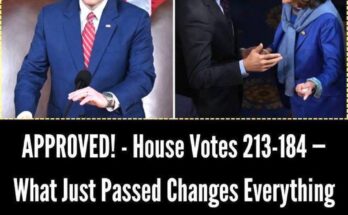President Donald Trump’s recent executive order, which is presented as a measure against anti-Semitism, has raised significant concerns regarding human rights. Critics caution that it could particularly affect international students and those who advocate for the Palestinian cause.
The order permits the deportation of international students who participate in demonstrations considered “anti-Israel.” This strategy raises concerns as it directly undermines the principles of free speech and peaceful protest, which are fundamental to a democratic society.
Instead of directly addressing anti-Semitism, the order seems to concentrate on silencing opposition to Israel. By characterizing pro-Palestinian activism as anti-Semitic, the administration employs immigration law as a means of suppression. For students, the fear of losing their visas or facing deportation fosters a climate of anxiety across U.S. campuses.
Critics contend that this undermines the very principles that America professes to uphold. Free expression and open debate are essential components of both democracy and academic life. Limiting such freedoms risks exacerbating polarization rather than promoting constructive dialogue regarding the Israeli-Palestinian conflict.
Human rights advocates also caution that America’s international reputation as a defender of free speech may be compromised. By equating criticism of Israel with anti-Semitism, the policy diverts attention from addressing real instances of anti-Jewish hatred.
The application of immigration laws to stifle political expression reflects a broader trend: framing dissent as a security threat. This not only jeopardizes international students but also diminishes trust in the integrity of U.S. institutions.
The chilling effect extends beyond demonstrators. Scholars, educators, and students may be reluctant to express their opinions due to the fear of repercussions. Such limitations contradict the ideals of academic freedom and open inquiry.
The backlash underscores the pressing need for policies that protect civil liberties. Safeguarding the right to dissent is essential for fostering a society that is inclusive, democratic, and genuinely committed to justice.

